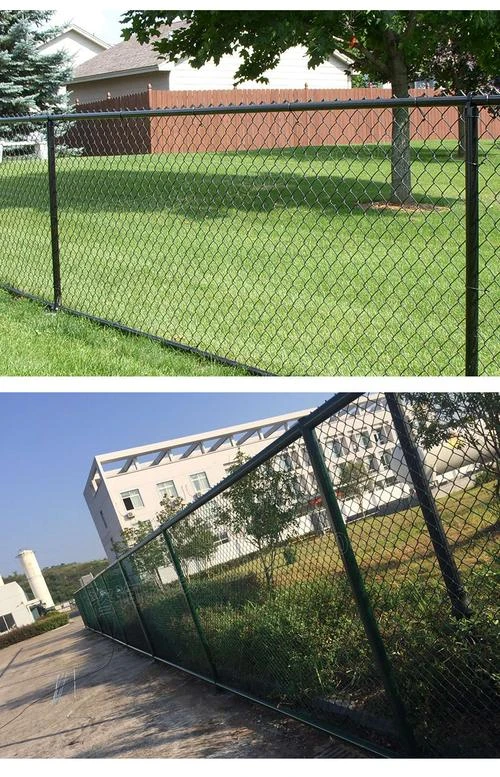 TEL:
+86-13102802206
TEL:
+86-13102802206
 Email:
fencenetting@china.com
Email:
fencenetting@china.com
 Language
Language
 TEL:
+86-13102802206
TEL:
+86-13102802206
 Email:
fencenetting@china.com
Email:
fencenetting@china.com
 Language
Language


Welded Fencing Wire A Comprehensive Guide
Welded fencing wire is a popular choice for a variety of applications, ranging from residential to commercial and industrial uses. Its strength, durability, and versatility make it an ideal solution for creating secure enclosures, barriers, and protection for gardens, properties, and livestock. In this article, we will explore the advantages, applications, and installation of welded fencing wire, as well as tips for maintenance to ensure longevity.
Understanding Welded Fencing Wire
Welded fencing wire consists of steel wires that are welded together at intersections, creating a robust mesh structure. The wires are typically coated with galvanization or vinyl to prevent rust and corrosion, making them suitable for outdoor use. The spacing between the wires can vary, allowing for customization depending on the specific needs of the project.
Advantages of Welded Fencing Wire
1. Strength and Durability Welded fencing wire is designed to withstand heavy loads and impacts. The welded joints are strong, providing excellent resistance against bending and breaking. This makes it ideal for securing livestock, protecting gardens from pests, and creating high-security perimeters.
2. Versatility This type of fencing can be used for various applications, including agricultural fencing, garden fencing, temporary enclosures for construction sites, and safety barriers around pools and other hazardous areas. Its adaptability makes it suitable for both residential and commercial use.
3. Low Maintenance Once installed, welded fencing wire requires minimal upkeep. The galvanized coating protects against corrosion, meaning it can last for many years without the need for frequent repairs or replacements.
4. Cost-Effective Compared to other fencing materials like wood or vinyl, welded fencing wire is often more affordable. It offers an economical solution for those looking to safeguard their properties without breaking the bank.
Applications of Welded Fencing Wire
The applications of welded fencing wire are vast. In agricultural settings, it is commonly used for creating strong enclosures for livestock, preventing animals from escaping and protecting crops from being damaged by wildlife. In residential areas, it is often used to establish boundaries around homes, gardens, and swimming pools.
Commercially, welded fencing wire is used for industrial security fencing, storage areas, and construction sites. Its high visibility and strength deter potential intruders, making it a reliable choice for businesses looking to secure their assets.

Installation Tips
Installing welded fencing wire requires careful planning to ensure a successful and durable outcome. Here are some steps to guide you through the process
1. Planning and Measurement Start by measuring the area where the fence will be installed. Determine the height and length of the fence, and plan for any gates or access points.
2. Gather Materials In addition to the welded fencing wire, you’ll need posts, concrete for setting the posts, and fencing tools such as a wire cutter, gloves, and a level.
3. Set the Posts Dig holes for the posts at regular intervals, ensuring they are deep enough for stability. Set the posts in concrete, allowing them to cure before attaching the fencing wire.
4. Attach the Fencing Wire Roll out the welded fencing wire along the posts, securing it at the top and bottom with ties or clips. Ensure the wire is taut to maintain an even appearance.
5. Finishing Touches Once the wire is secured, check for any protruding edges or sharp points that could pose a safety hazard. Trim any excess wire and cover sharp edges if necessary.
Maintenance
To keep your welded fencing wire in optimal condition, it’s important to conduct regular maintenance checks. Inspect for any signs of rust or damage, especially after severe weather, and address any issues promptly. Regular cleaning will also help maintain its appearance and longevity.
Conclusion
Welded fencing wire offers a practical and reliable solution for a wide range of fencing needs. Its strength, versatility, and low maintenance make it an attractive option for homeowners, farmers, and businesses alike. By understanding its advantages and proper installation techniques, you can ensure that your welded fencing wire serves its purpose effectively for years to come.